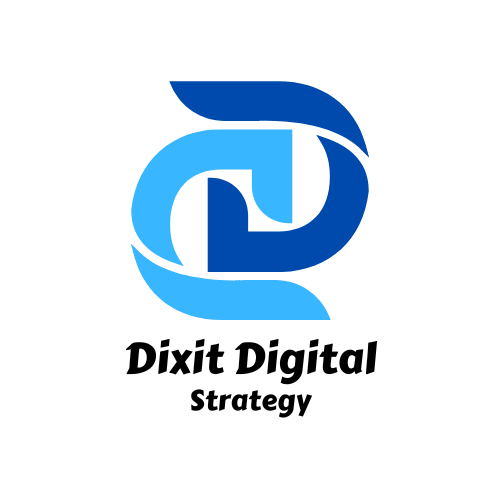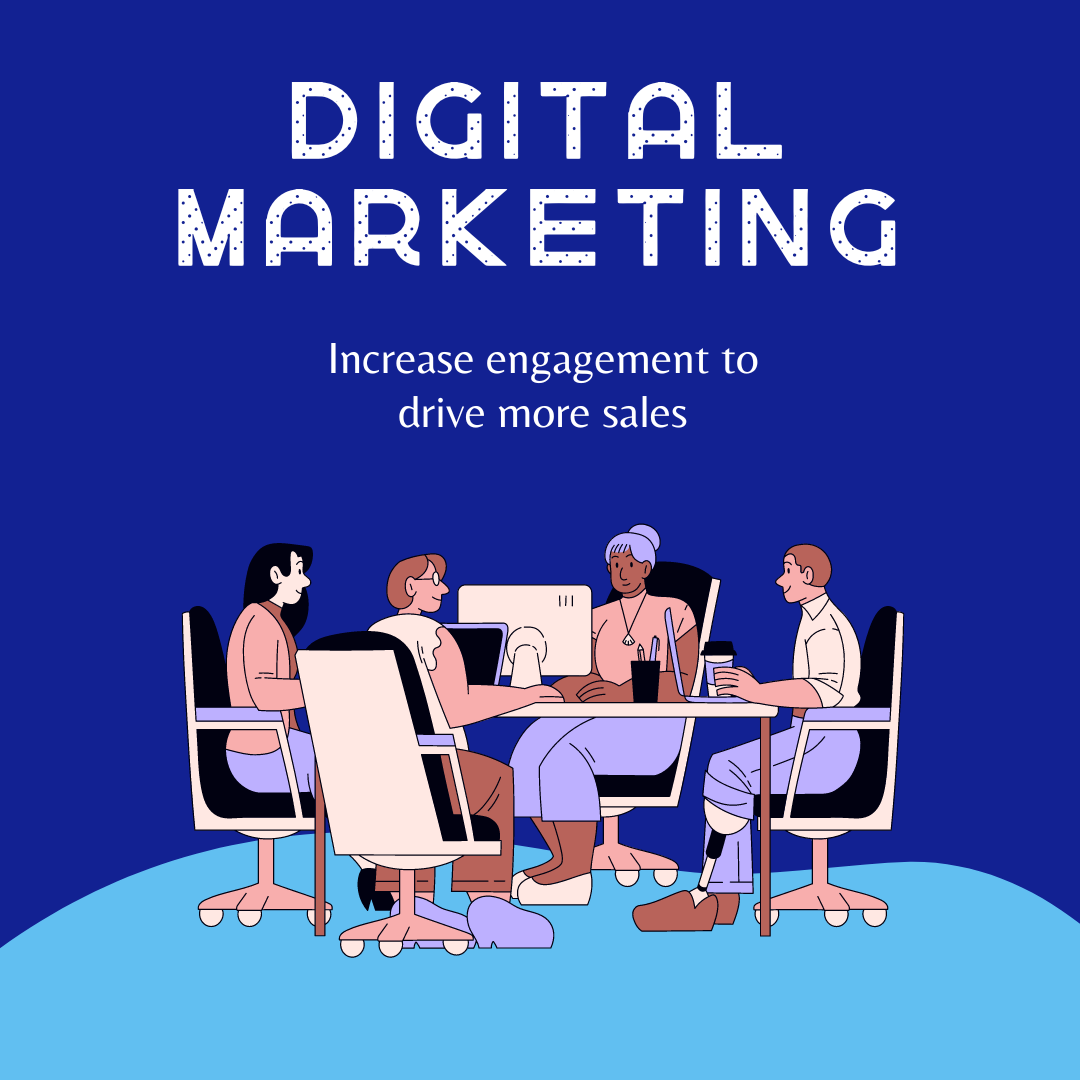In today’s digital landscape, personalization has become a crucial component of effective marketing strategies. As consumers are bombarded with a constant stream of digital content and advertisements, the ability to deliver tailored and relevant experiences has become a key differentiator for brands.
Personalization in digital marketing refers to the practice of customizing content, products, and messaging to individual users based on their unique preferences, behaviors, and interests. By leveraging data and advanced analytics, marketers can create personalized experiences that resonate with their target audience and drive meaningful engagement.
Here are some of the key reasons why personalization is so important in digital marketing:
Improved Customer Experience
Personalization enhances the customer experience by providing users with content and offers that are specifically relevant to them. When consumers feel that a brand understands their unique needs and preferences, they are more likely to engage with the brand and develop a sense of loyalty.
Increased Conversions
Personalized marketing campaigns have been shown to drive higher conversion rates compared to generic, one-size-fits-all approaches. By presenting users with products, services, or content that aligns with their interests, marketers can increase the chances of a desired action, such as a purchase or sign-up.
Enhanced Customer Retention
Personalization can also play a significant role in customer retention. By continuously delivering personalized experiences, brands can foster stronger relationships with their customers and reduce the likelihood of churn.
Competitive Advantage
In an increasingly crowded digital landscape, personalization can help brands stand out from the competition. By offering a more personalized and tailored experience, businesses can differentiate themselves and build a strong competitive advantage.
Improved Efficiency and ROI
Personalization can also lead to more efficient marketing efforts and a higher return on investment (ROI). By targeting the right people with the right messages, marketers can optimize their campaigns and reduce waste.
To implement effective personalization in digital marketing, businesses must collect and analyze customer data, develop personalized content and messaging, and continuously test and optimize their strategies. By embracing personalization, brands can create more meaningful and engaging experiences for their customers, ultimately driving better business outcomes.


